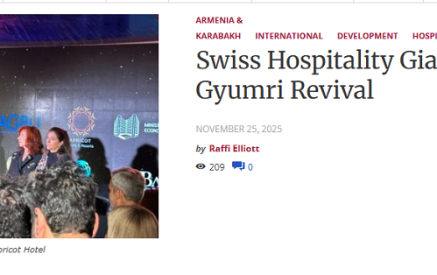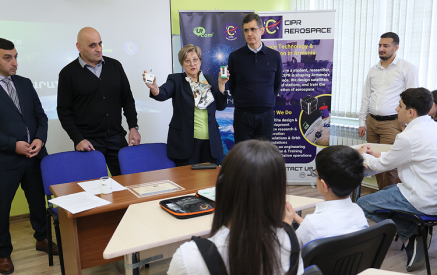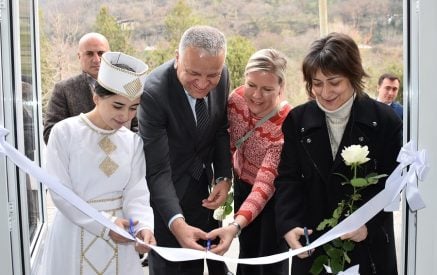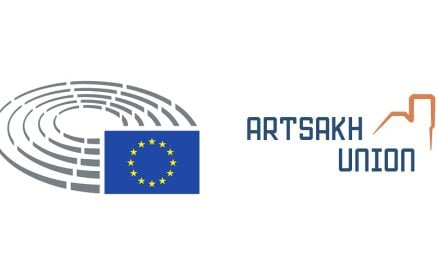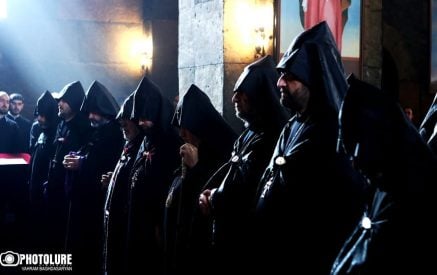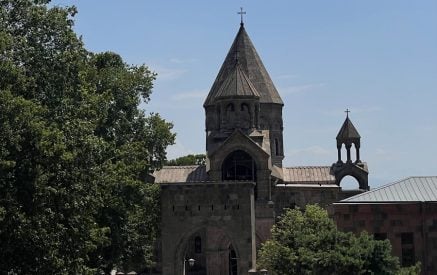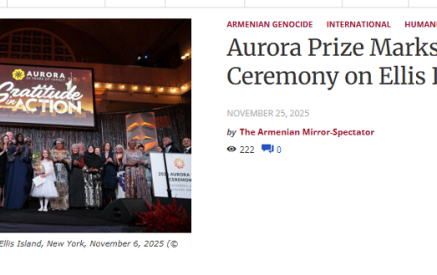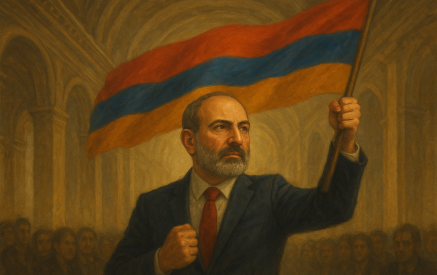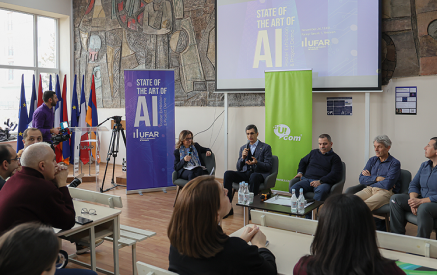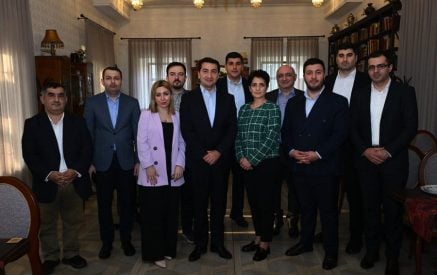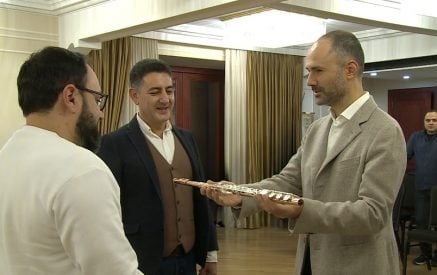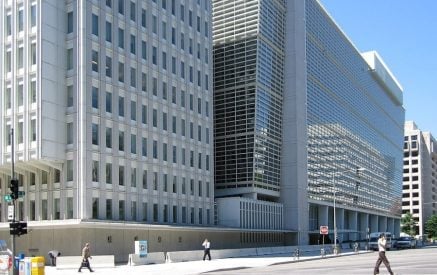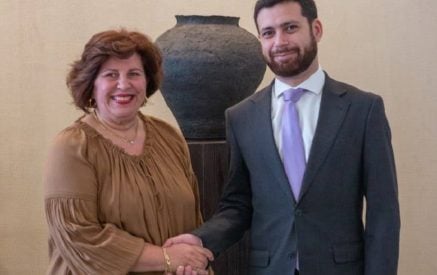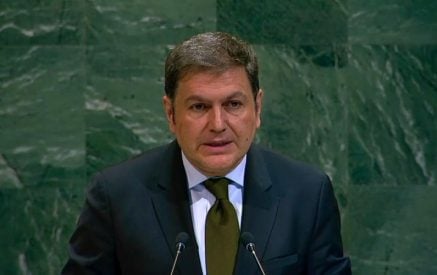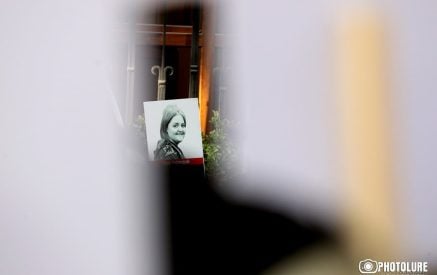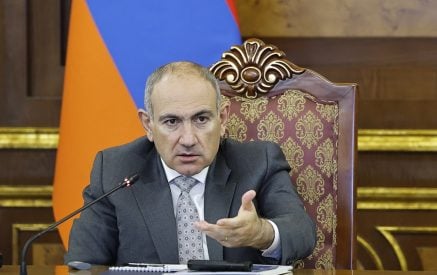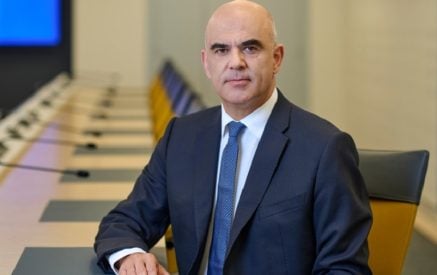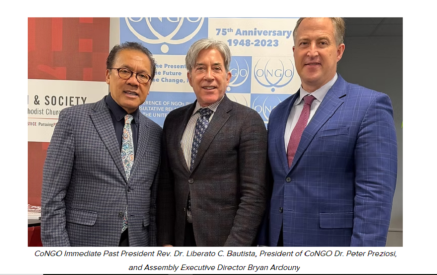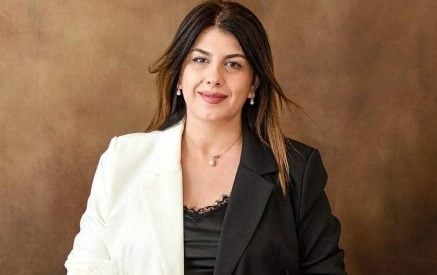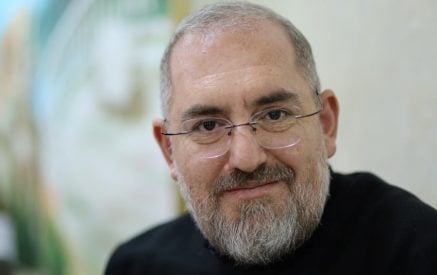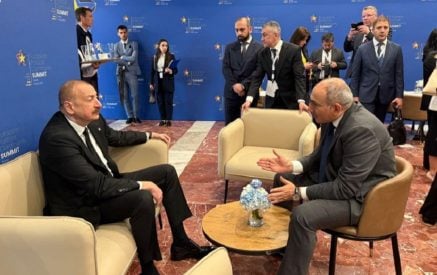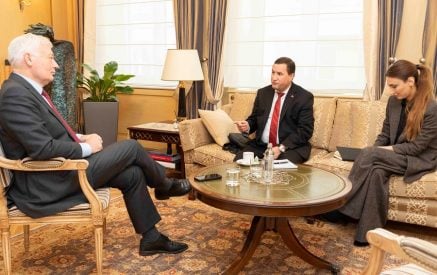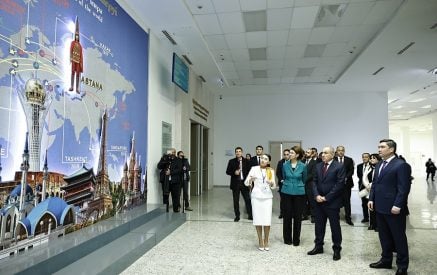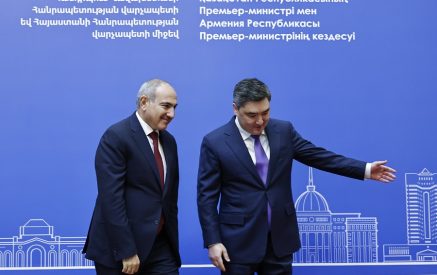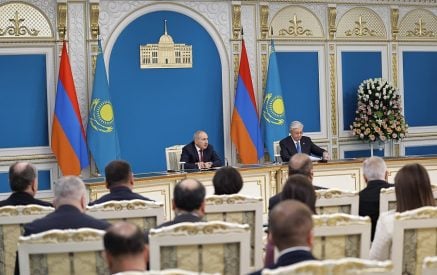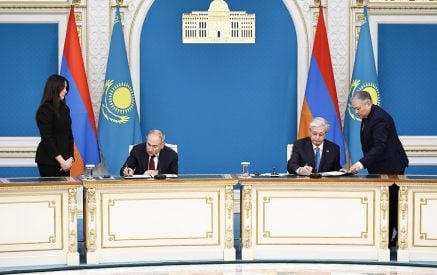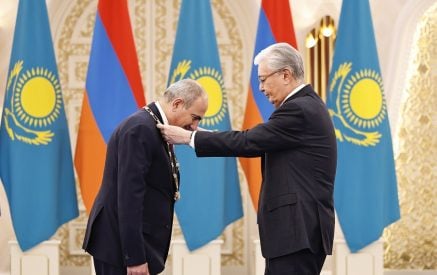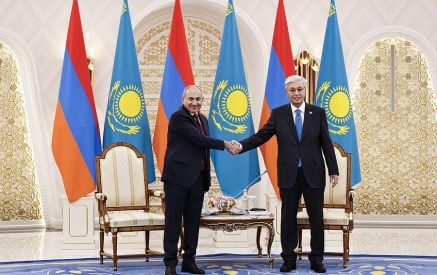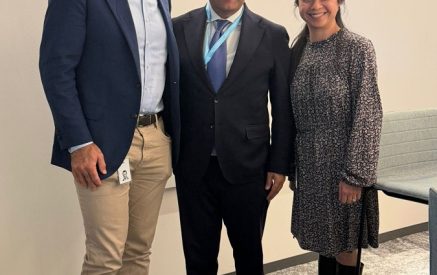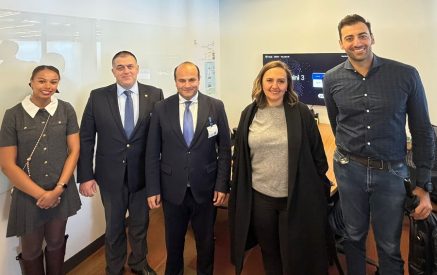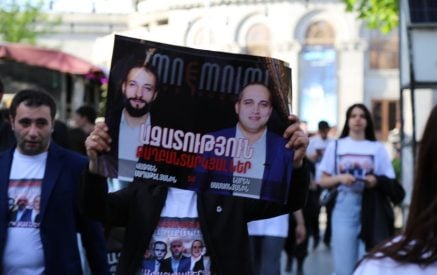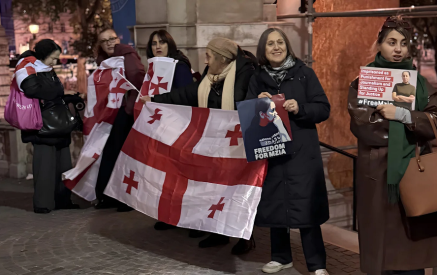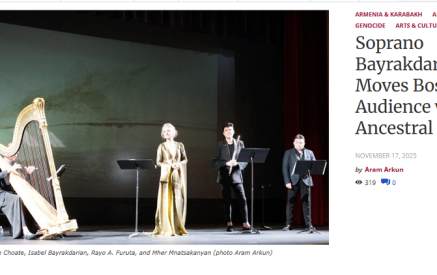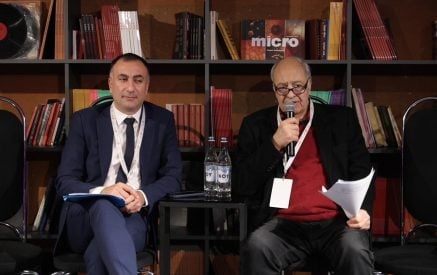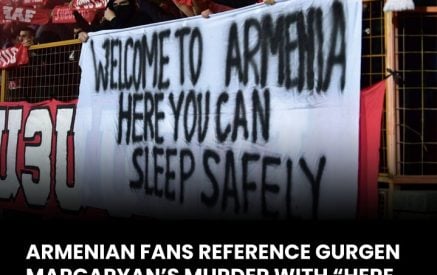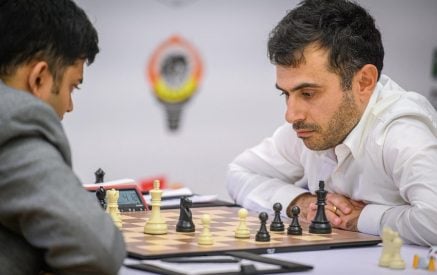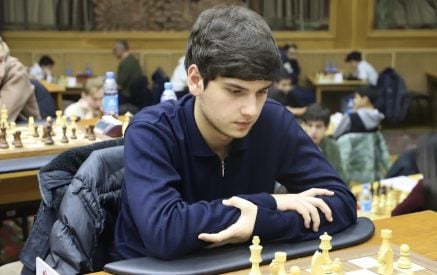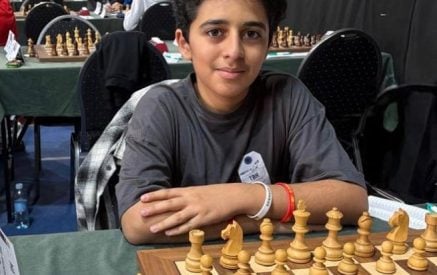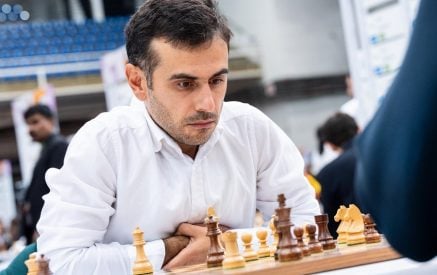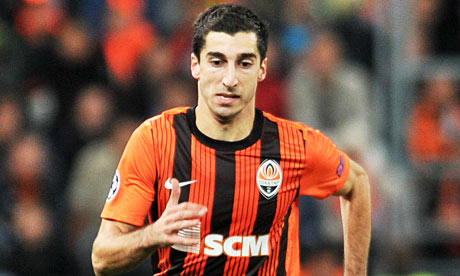
Mkhitaryan’s potential has been clear for some time – and he was a key figure as Armenia briefly threatened to derail Ireland’s qualification for the Euros – but it is this season, since the departure of Jádson, that he has really blossomed at Shakhtar Donetsk. So startling has his form been that he has forced Mircea Lucescu to alter his usual policy of Brazilians at the front and eastern Europeans at the back. When Chelsea face Shakhtar at the Donbass Arena on Tuesday, there is no doubt whom they will have to stop.
Last season, with Jádson occupying the central creative role in Lucescu’s 4-2-3-1 and Fernandinho suffering a long-term injury, Mkhitaryan was often deployed as a holder. It wasn’t a position that particularly suited him and there was a not unjustified sense that the young Ukrainian Taras Stepanenko might have been the better option, particularly as Shakhtar endured a miserable Champions Leaguecampaign, finishing bottom of a group that included Apoel, Zenit and Porto. Still, he did enough playing higher up the pitch later last season to be Shakhtar’s player of the year.
When Jádson returned to Brazil this summer, joining São Paulo partly for family reasons and partly in an attempt to improve his chances of selection for the World Cup, there was understandable concern among fans. Jádson, after all, with his invention and goals, had been the key figure in the side that had won the Uefa Cup. As it has turned out, Mkhitaryan has more than filled the breach. Shakhtar have won 12 out of 12 in the league this season, scoring 38 and conceding six. They defeated Metalurh to win the Super Cup and thumped Dynamo 4-1 in the Ukraininian Cup, precipitating the departure of Yuri Semin as Dynamo coach. In the Champions League, they beat Nordsjaelland 2-0 and were unfortunate only to draw at Juventus.
And at the heart of it all has been Mkhitaryan, banging in 14 in 12 games in the league as well as both goals against Nordsjaelland. “I don’t read too much into scoring,” he said and the truth is that putting the ball in the net is a tiny part of what he does. Aram Khachaturian’s Sabre Dance, the Armenian war dance played each time Mkhitaryan scores, may have become the most popular tune at the Donbass Arena this season, but at least as important have been his vision, imagination, intelligence and ability to bring Willian and Alex Teixeira into play. “Our huge step forward,” said Lucescu, “has been Mkhitaryan’s development. He’s accelerated the game and opened new spaces.”
Born in Yerevan in January 1989, Mkhitaryan moved to France the same year as his father Hamlet, who had earned fame as a forward for Ararat Yerevan and transferred from Kotayk Abovyan to Asoa Valence. Hamlet spent five years there, earning two caps for the newly independent Armenia, and then moved to Issy before retiring and returning to Yerevan in 1995. A year later, when Henrik was seven, Hamlet died from a brain tumour. His family, though, stayed in football: Henrik’s mother is head of the national team’s department at the Armenian Football Federation while his sister, Monica, works for Uefa in Nyon and acted as Michel Platini’s interpreter when he visited Donetsk before the Euros.
When he was 17 Mkhitaryan joined Pyunik and spent four months with São Paulo’s youth set-up as part of a cooperation agreement between the two clubs. He made his international debut a year later and moved to Metalurh when he was 20. One season there was enough to persuade Shakhtar to spend £5m to take him across the city – although Lucescu had apparently been tracking him since a Champions League qualifier between Shakhtar and Pyunik in 2007.
Mkhitaryan fitted in quickly, helped no doubt by the fact that he had learned Portuguese while at São Paulo and so was able to communicate with the numerous Brazilians in the squad. “Mkhitaryan is a professional footballer through and through,” Lucescu said. “He managed to build his relations with the team-mates in a way that allows him authority on and off the pitch.”
That process, though, took time, and initially the 21-year-old seemed uncertain in his new surroundings. “It wasn’t easy for him from the start,” said Lucescu, “but his integration was speeded up by his high level of football intelligence. His game awareness is perhaps his most valuable quality – that and the speed and power and technique Henrik was gifted by nature and that he’s developed. Because of those virtues, he’s one of the players who most consistently fulfils the tasks set by the coaching staff. Working with him is fun.” Mkhitaryan may not have enjoyed the experience of playing deeper, but it almost certainly improved his tactical awareness. “He’s a complete player,” said Lucescu. “He also recovers the ball.”
After Shakhtar’s group stage exit last season, there was talk of Lucescu being ousted, a theory that after eight years he had run out of new ideas. Mkhitaryan, though, has given the veteran Romanian and Shakhtar a new burst of optimism. Lucescu is always quick to emphasise the team unit but there is no doubt who energises it.


